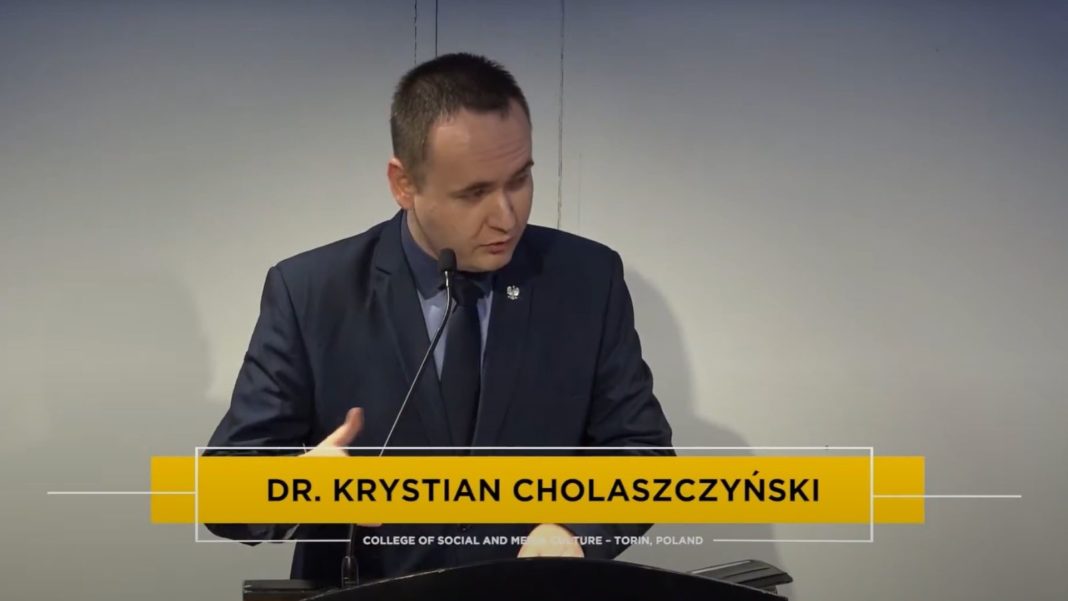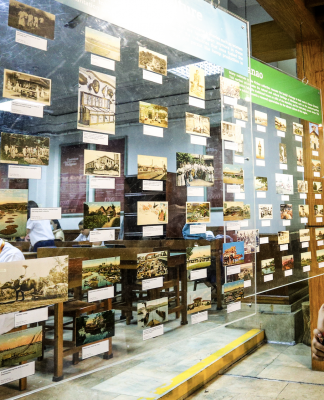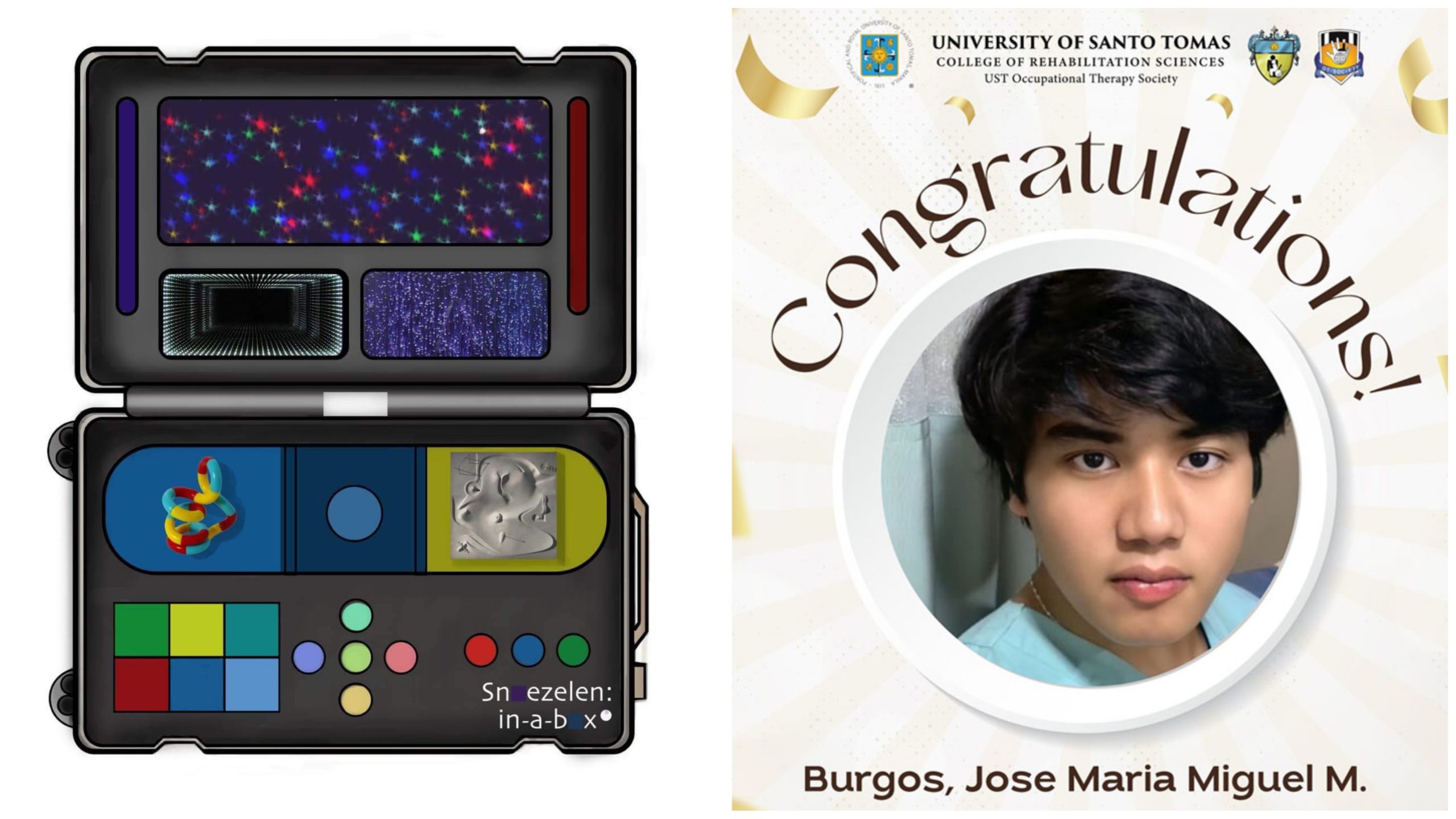RUSSIA invading Ukraine did not come as a surprise as, according to a Polish professor in 2018, Russia has always had “imperialist tendencies.”
Polish Professor Krystian Chołaszczyński, in a 2018 lecture at the UST Central Laboratory Auditorium, underscored Russia’s continuous effort to regain control in Central Europe, which it lost with the fall of the Union of Soviet Socialist Republics (USSR) in 1991.
“Russian action in Ukraine is an attempt to dominate the political and territorial Central European region,” Chołaszczyński said in 2018.
Conflict between the neighbors began in 2014 with Russia’s annexation of Crimea and Moscow’s support for separatists in the Donbas region.
The role of Poland, Ukraine’s neighbor to the east, in the crisis is growing, with its open-door policy for refugees.
The USSR, which was established in 1922, previously consisted of 15 republics and was considered one of the most powerful and influential states in the world.
It included Russia, Ukraine, Latvia, Lithuania, Estonia, Georgia, Belarus, Armenia, Azerbaijan, Kazakhstan, Kyrgyzstan, Moldova, Turkmenistan, Tajikistan, and Uzbekistan.
After declaring independence, the Ukraine, led by pro-Western president Viktor Yushchenko, tried to move toward the North Atlantic Treaty Organization (NATO) and the European Union (EU), and away from Russia’s influence in 2005.
These efforts were halted in 2013, three years after pro-Russian politician Viktor Yanukovich, who turned his focus on reviving their economic ties with Moscow, was elected president in 2010.
Yanukovich was voted out of office in February 2014. In the same month, the parliament in the Ukrainian region of Crimea was seized by armed men who raised the Russian flag. Later on, Russia took over the region.
The geopolitical location of the previous Soviet Union became a space of rivalry between East and West, the Polish professor said. Russia lagged behind India and China in terms of economic growth, which Chołaszczyński said could lead to Russia being “increasingly brutally pushed out of Asia.”
Chołaszczyński said Russia started to launch “offensive” moves to enter Central and Eastern Europe, starting with Georgia and then Crimea, to keep its sphere of influence and maintain an “adequate” level of political and economic power to maintain its sovereignty.
Chołaszczyński said Russia should not be underestimated, especially with its high military budget that increased 600 percent from 2008 to 2018.
“Russia is also, for the first time in the last 20 years, an internally stable country with increasing business and diplomatic influence in the capitals of Western Europe, especially in Berlin, [Germany],” he added.
Chołaszczyński said an offensive move by Russia included taking advantage of Europe’s energy dependence and geopolitical instability in the Central European region.
“As a consequence, Europe and the United States have lost the effectiveness of the good use of ad hoc pressure on Russian policy in the post-Soviet area. They can not stop the state, which, besides being the largest in the world, has no strength,” he added.
Putin’s ideology
During the 1990s, Russia maintained a positive attitude toward Western states and thought itself to be part of Europe, making it an inspiration for modernization and reforms.
However, Russia’s good relations with the West stopped when it encountered problems building its prestige in the international arena and a lack of progress in rebuilding its image as one of the leading decision-makers in international order and reform, Chołaszczyński said.
The Russian Federation then changed its geopolitical and geostrategic ideas into one in which the country was “treated by politicians as a separated world, unique, which should find its own way of modernization, development, without Western patterns.”
“The perception of the Russian Federation as a great power is an extremely important component that builds the identity of Russians. The expectation of Russian society towards the decision-making center is focused on the state’s ability to conduct effective foreign policy and to strengthen its prestige in the international arena,” Chołaszczyński explained.
“It should also not be forgotten that the Russian Federation is primarily a fragment of geopolitical equilibrium in Europe, either unpredictable and dangerous, and sometimes even hostile but inseparable,” he added.
The political line of Russian President Vladimir Putin, who has been holding the position since 2012, reflected this ideology.
Putin, who earlier proclaimed that he would not tolerate “colorful revolutions,” has been using “radical means of pressure” on Georgia and Ukraine to dominate them and show his discontent with Western interests.
“He will reward the loyal, and against the unfavorable, he will use pressure instruments,” Chołaszczyński said.
However, international organizations and alliances, such as the NATO and the EU, hindered its domination of its neighboring countries, he said.
“Only NATO’s strong position makes Russia impossible to use force against any of the alliance countries, inconvenient on the way to Russian domination,” Chołaszczyński said.
Ukraine, which was invaded by Russia in February, is not yet a NATO member.
On March 7, Ukraine President Volodymyr Zelensky said in an interview with ABC News that his government would no longer insist on Ukraine’s membership in the NATO.
“I have cooled down regarding this question a long time ago after we understood that […] NATO is not prepared to accept Ukraine,” Zelensky said.
“The alliance is afraid of controversial things and confrontation with Russia,” he added. C.J. Paras and J.B.T. Lim


















